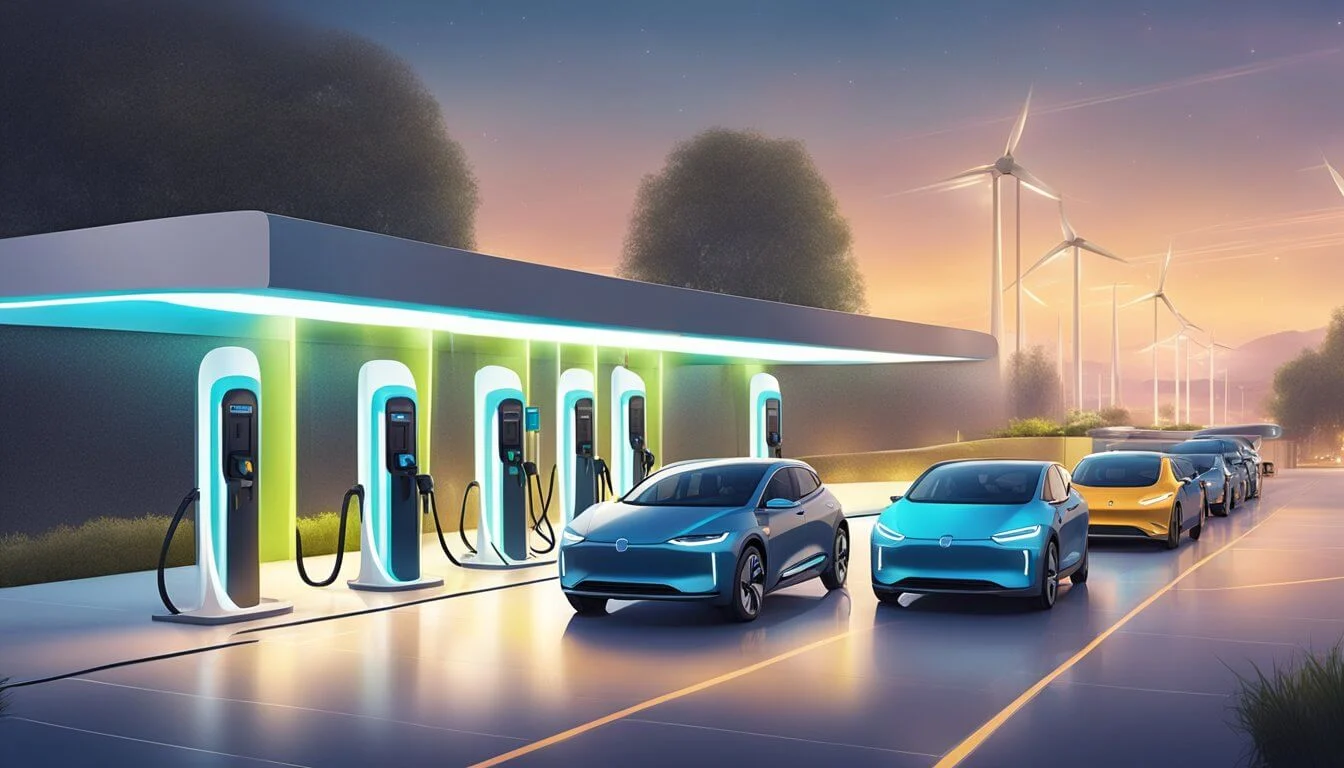across the country, the Government of India has significantly expanded its investment in EV charging infrastructure. Under the FAME-II scheme, ₹839 crore has already been allocated for setting up Electric Vehicle Public Charging Stations (EVPCS). In addition, a substantial ₹2,000 crore has now been earmarked under the newly announced PM E-DRIVE scheme to further expand charging networks in both urban and rural areas.
The Ministry of Power has also released updated “Guidelines for Installation and Operation of Electric Vehicle Charging Infrastructure-2024” on September 17, 2024. The guidelines position EV charging as a de-licensed activity, removing bureaucratic hurdles and enabling smoother participation from private enterprises. Emphasizing public-private partnerships, the new framework is expected to significantly boost the rollout of EV charging stations nationwide.

Further supporting the EV ecosystem, the government is also investing in Research and Development. As part of the Production Linked Incentive (PLI) scheme for Advanced Chemistry Cell (ACC) battery storage, R&D expenditures on engineering, product design, and development will now count as eligible investments. Under the Ministry of Heavy Industries’ Capital Goods scheme, up to 80% of R&D costs are being covered for projects — many of which are being conducted in collaboration with premier academic institutions such as the IITs and IISc. The remaining 20% is being borne by industry partners.

This multi-pronged approach marks a significant milestone in India’s journey toward sustainable and green mobility, laying the groundwork for a robust EV infrastructure that aligns with the country’s broader goals of energy security, innovation, and environmental responsibility.
